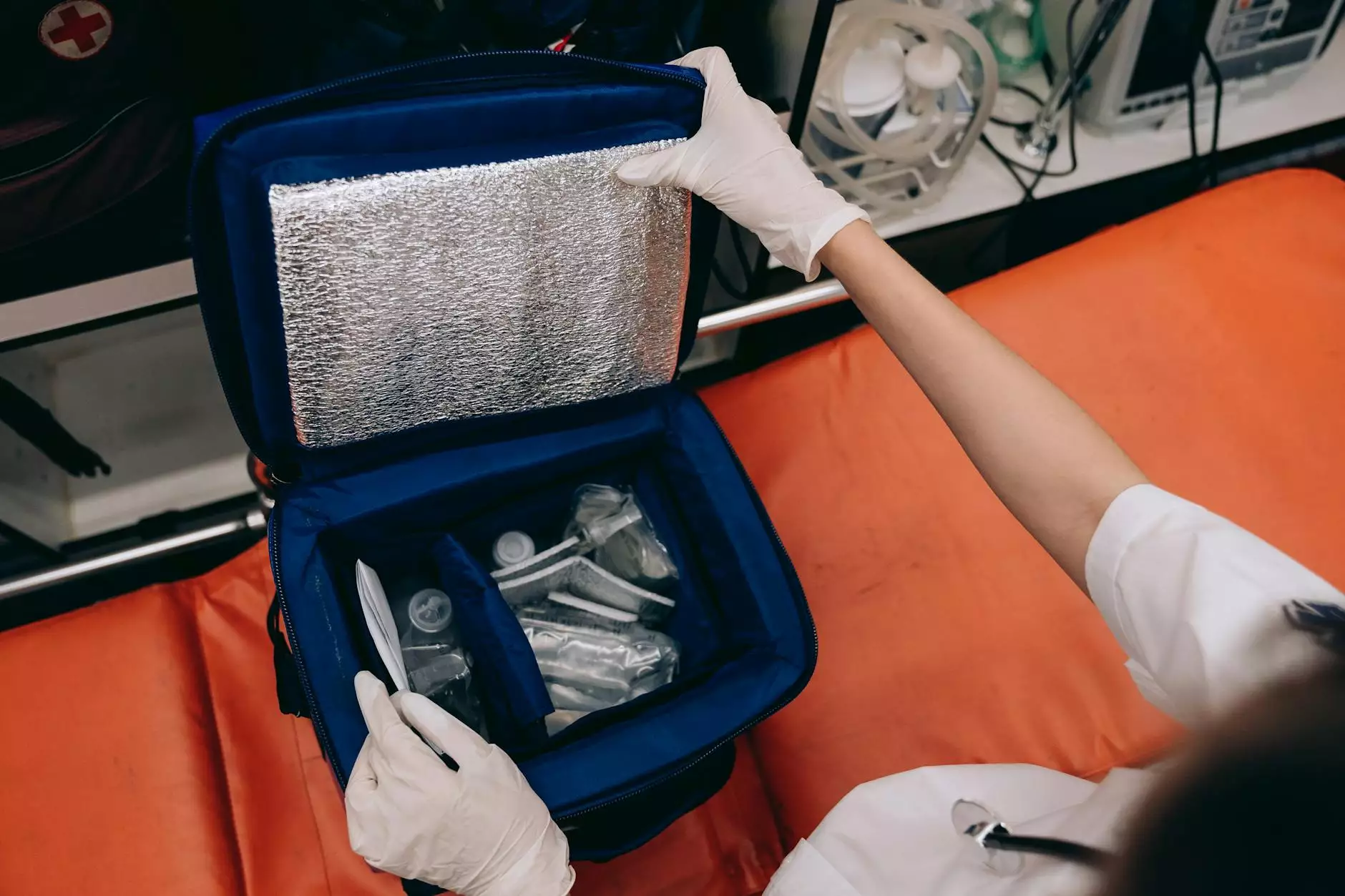Arrhythmia Management: Ensuring Heart Health and Well-Being

Welcome to lifesciencemarketresearch.com
At lifesciencemarketresearch.com, we understand the significance of arrhythmia management in promoting a healthy and fulfilling life. In the field of Health & Medical, particularly within Medical Centers, effective arrhythmia management plays a crucial role in providing unparalleled care to patients. In this article, we will delve into the world of arrhythmias, exploring the importance of diagnosis, monitoring, and treatment, as well as the technologies and approaches utilized by medical professionals.
The Essence of Arrhythmia Management
An arrhythmia refers to an irregular heart rhythm that disrupts the normal electrical impulses in the heart. This condition can lead to a variety of symptoms, such as palpitations, dizziness, chest pain, and even fainting. Without proper management, arrhythmias can have serious consequences, including an increased risk of stroke, heart failure, and sudden cardiac arrest.
Arrhythmia management encompasses a comprehensive set of strategies aimed at diagnosing, monitoring, and treating these irregularities effectively. By understanding the unique characteristics of each patient's arrhythmia, healthcare providers can tailor treatment plans to achieve optimal results.
The Importance of Accurate Diagnosis
Accurate diagnosis is the foundation of successful arrhythmia management. Specialized Medical Centers equipped with cutting-edge technology and world-class medical professionals utilize various diagnostic methods to identify and classify arrhythmias.
One commonly used diagnostic tool is an electrocardiogram (ECG or EKG). This painless procedure records the heart's electrical activity, enabling healthcare providers to detect irregularities and determine the type of arrhythmia present. Holter monitoring and event monitoring are additional diagnostic techniques that provide valuable information on heart rhythm irregularities over an extended period.
Advanced Monitoring Techniques for Optimal Care
Continuous monitoring is essential for tracking the progression of arrhythmias and ensuring timely intervention. For patients with recurring or complex arrhythmias, Medical Centers utilize advanced monitoring devices to capture data and identify patterns.
Implantable loop recorders (ILRs) are small devices inserted beneath the skin to monitor heart rhythms continuously. These devices are particularly useful for detecting rare arrhythmias that may go unnoticed during intermittent monitoring. Similarly, event recorders, worn by the patient, can be activated to record heart rhythms when symptoms occur, enabling healthcare providers to assess the arrhythmia more accurately.
Customized Treatment Plans for Optimal Outcomes
Arrhythmia management involves tailored treatment plans to address the unique needs of each patient. Medical professionals consider factors such as the type and severity of the arrhythmia, the patient's medical history, and their overall health.
Pharmacological intervention is often utilized as a first-line treatment. Anti-arrhythmic medications can help regulate heart rhythm and alleviate symptoms. In more severe cases or when medications prove ineffective, medical procedures like catheter ablation or implantable cardioverter-defibrillators (ICDs) may be recommended to restore normal heart rhythm and reduce the risk of complications.
The Role of Technological Advances
Rapid technological advancements have revolutionized arrhythmia management, providing unprecedented support to medical professionals. From advanced mapping systems that accurately identify abnormal electrical pathways to minimally invasive procedures, these advancements enhance diagnosis, monitoring, and treatment.
Telemedicine and remote monitoring solutions have also emerged as game-changers in arrhythmia management. Patients can transmit their heart rhythm data remotely to healthcare providers, allowing for real-time analysis, adjustments to treatment plans, and reduced travel requirements. This approach enhances convenience and ensures continuous care, even in remote locations.
Conclusion
Arrhythmia management is a fundamental aspect of healthcare within Medical Centers. lifesciencemarketresearch.com is dedicated to providing comprehensive information on the importance of effective arrhythmia diagnosis, monitoring, and treatment. By staying at the forefront of technological advancements and incorporating personalized care, health professionals can achieve optimal outcomes, promote heart health, and enhance patient well-being.
Remember, the key to successful arrhythmia management lies in early diagnosis, continuous monitoring, and customized treatment plans. By prioritizing your heart health and partnering with expert medical professionals, you take crucial steps toward living a fulfilling and heart-healthy life.










